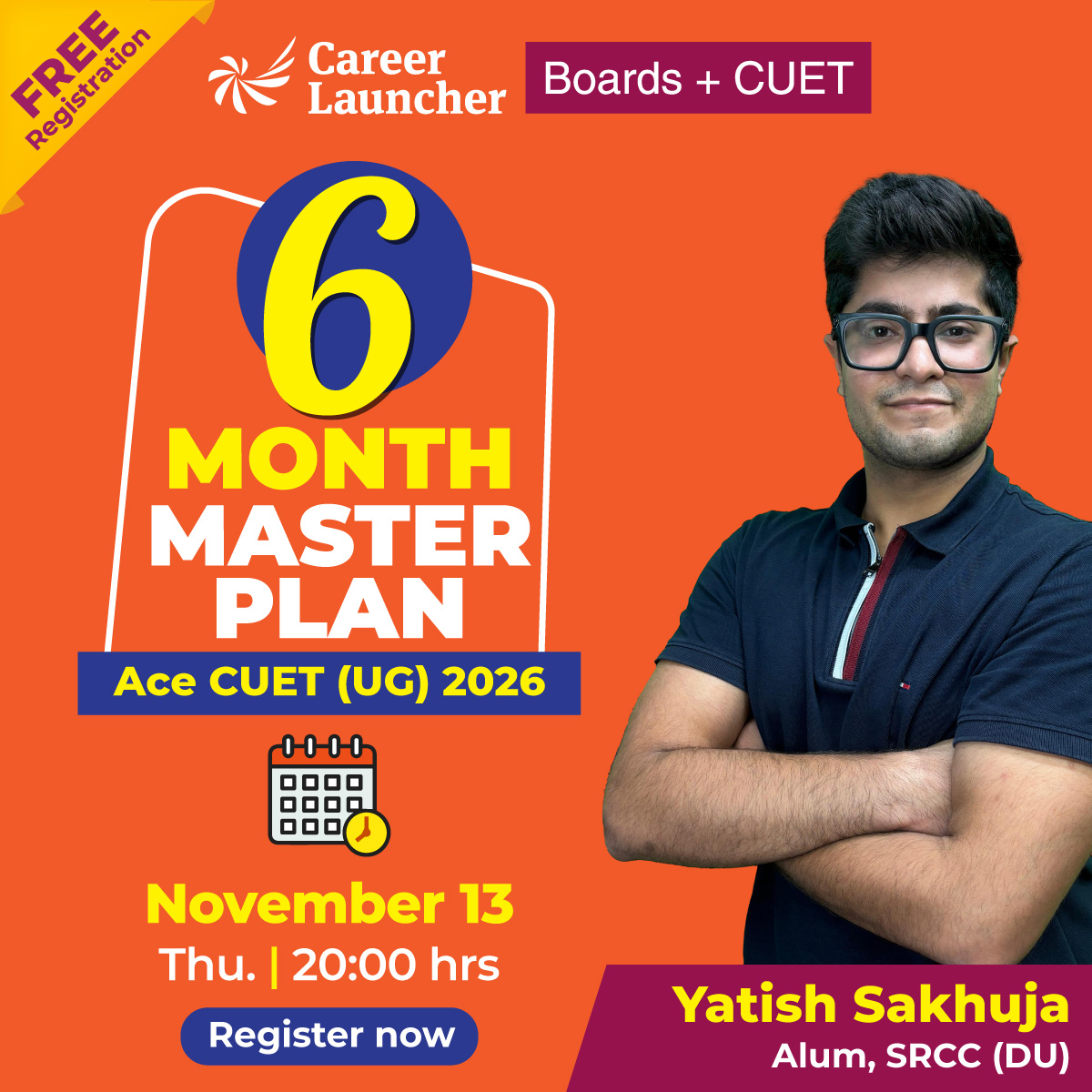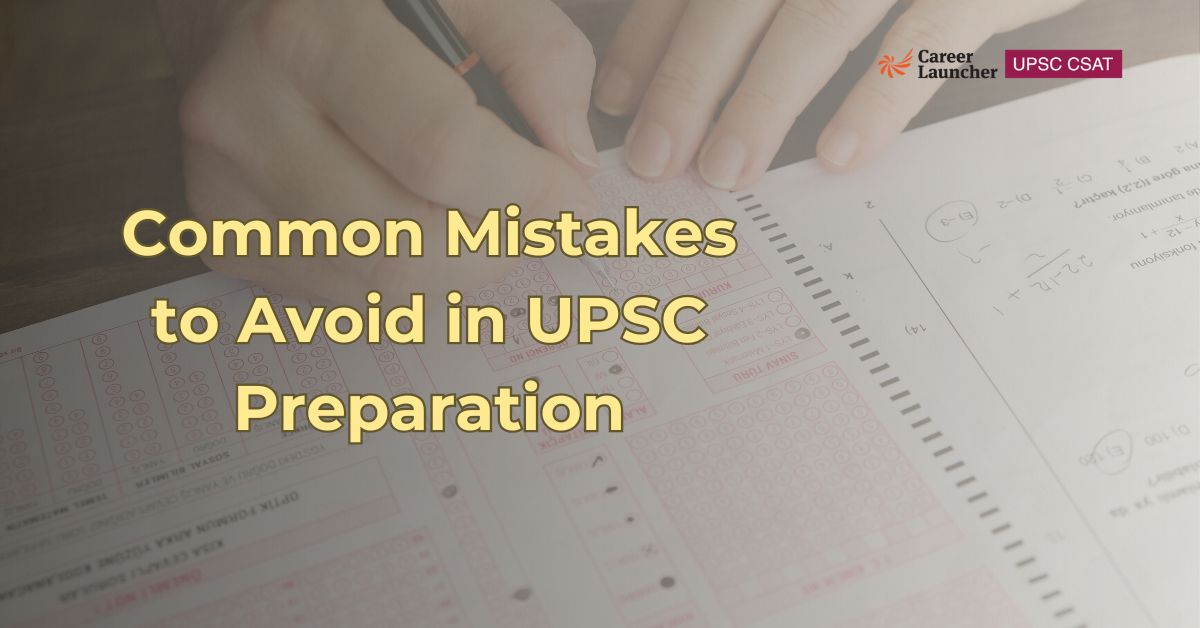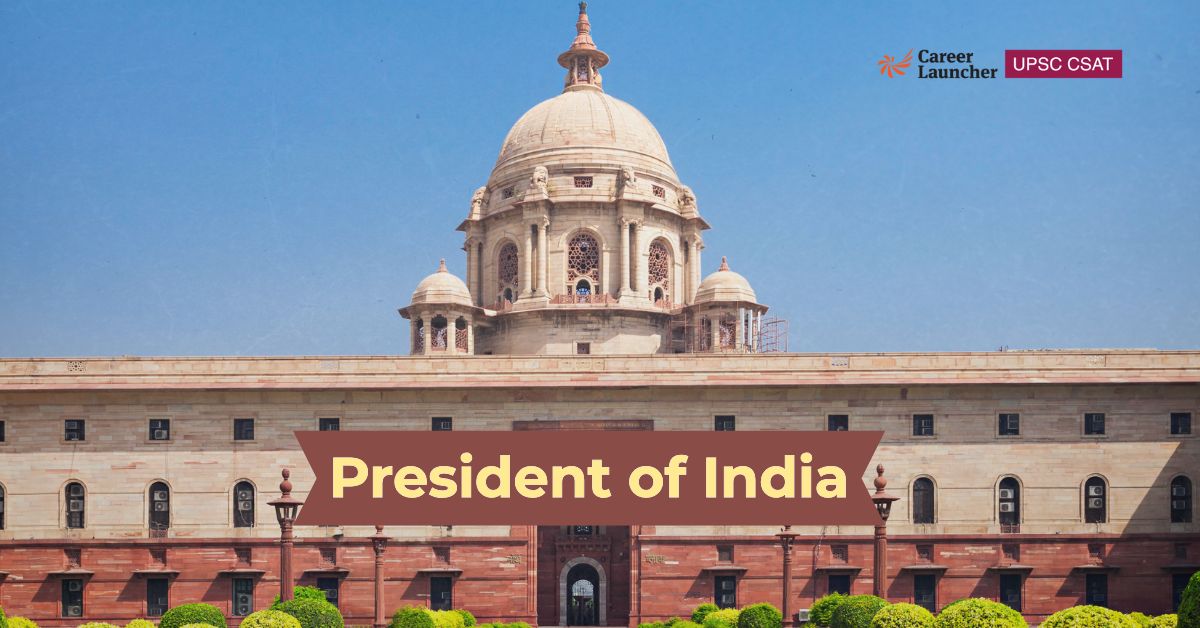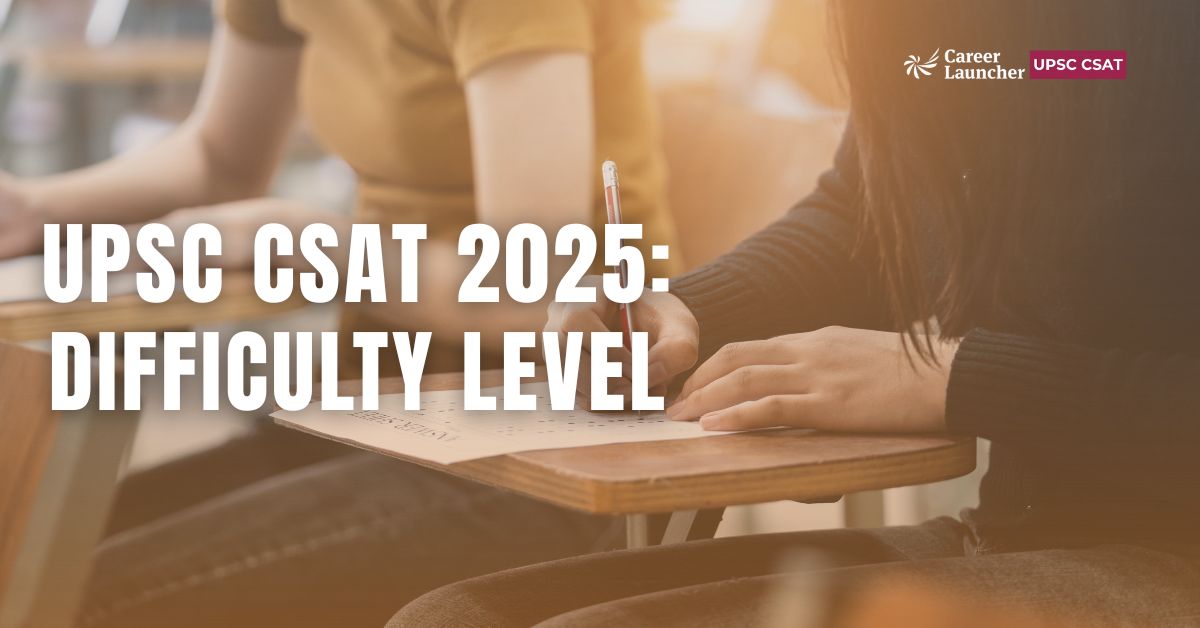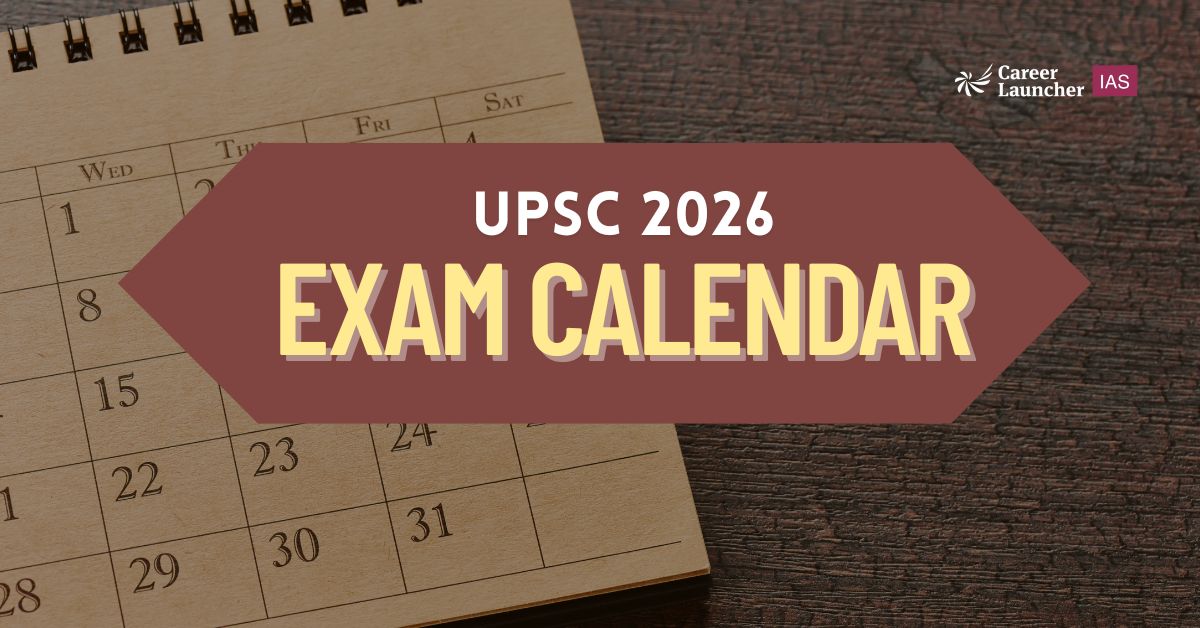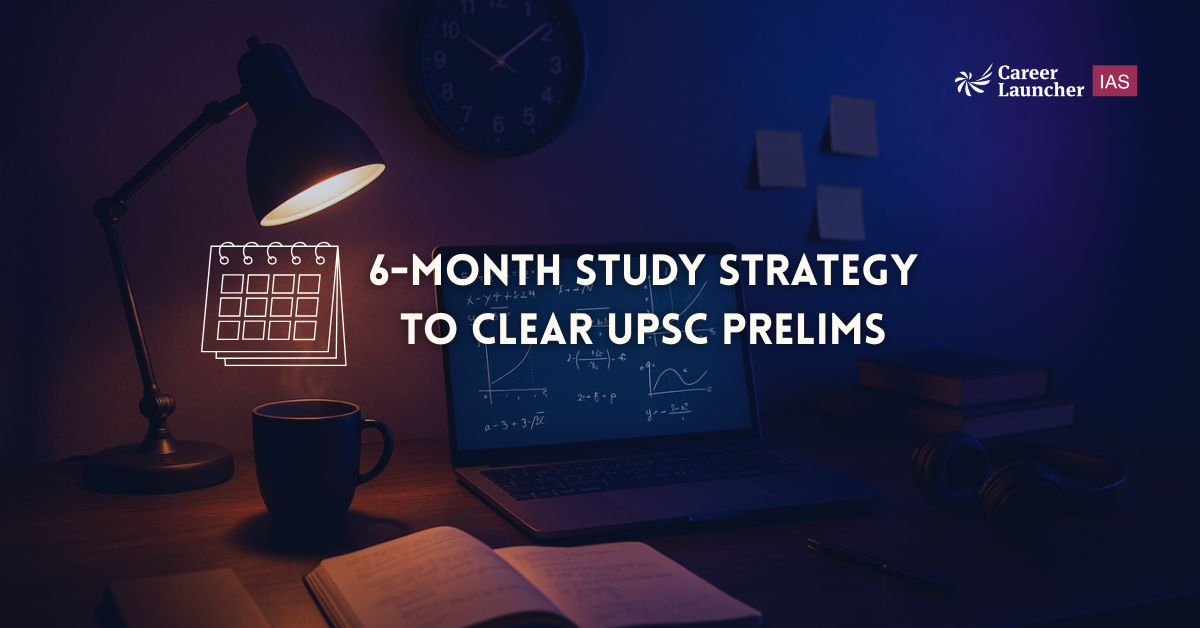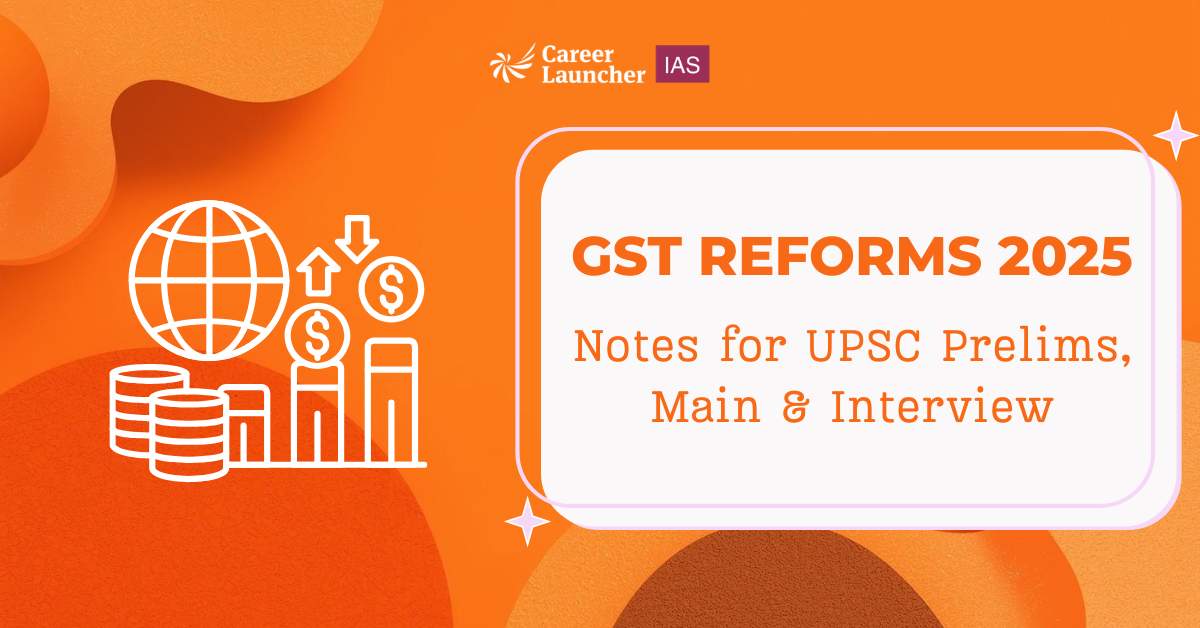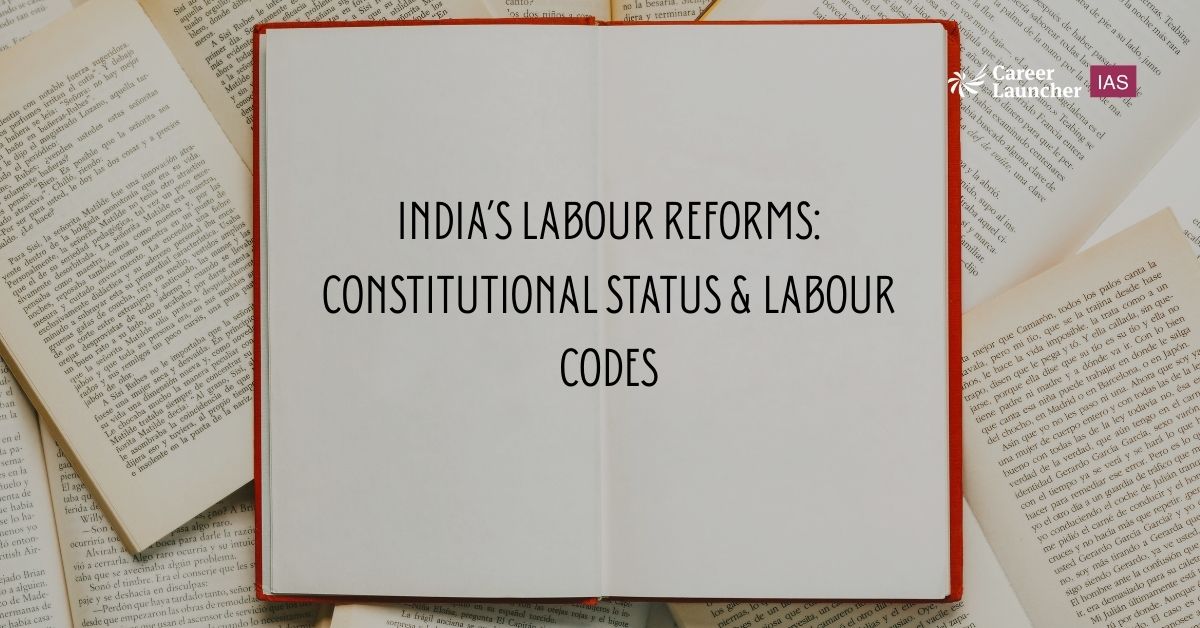The UPSC exam is one of the most competitive and prestigious exams in India, held to recruit candidates for posts such as IAS, IFS, and IPS. The success rate is just 0.01% which means that even a small mistake can lead to a candidate’s elimination. Hence, aspirants should be aware of these common mistakes to avoid while preparing for UPSC.
Table of Contents
10 Mistakes to avoid during UPSC preparation
The UPSC preparation journey is rigorous and intensive. The cut-throat competition with lakhs of aspirants and the high stakes involved make it all the more crucial for aspirants to plan their approach well and be aware of certain common hurdles they might encounter. Read on to know 10 major mistakes to avoid during UPSC preparation.
Deviating from the syllabus
The vast nature of the UPSC syllabus can make it feel like an overwhelming feat to cover even the essential portions in the given time. So, ensure that you do not waste precious time studying irrelevant topics that will not help you from an exam perspective.
Go through the syllabus and keep a copy with you at all times. Treat this as your study guide. Keep cross-checking what you are studying, and ensure you do not stray away from what is mandated. You can find the detailed UPSC syllabus on the official UPSC website.
Inconsistent preparation
The intensive nature of the exam calls for consistent preparation. Take into account your strengths and weaknesses, and create a balanced study plan that you will stick to.
Preparing for hours one day and then not at all for the next few days will not lead to success in the exam. Smaller, consistent efforts will pay off in the long run, not sporadic ones.
Not giving adequate time to studying the basics
You may have heard this advice one too many times: “Start with NCERT”. However, clichés exist for a reason. It can be tempting to skip the basics and start studying advanced concepts right away, but this would be a mistake.
If you do not have a strong grasp of the basic concepts, it will be more challenging for you to understand the more complicated ones and apply them in the exam. Thus, allocate sufficient time to studying and revising the basics.
Neglecting answer-writing practice
Aspirants may be under the misconception that simply accumulating information is sufficient to get them good marks in UPSC. However, everyone appearing for the exam will have extensive knowledge. So, the exam is not just a test of what you know, but how well you present it.
Spend time perfecting the way you present answers in the Main exam. Practice writing answers regularly, seek feedback from mentors, and work on implementing their suggestions.
Ignoring CSAT
Being a “qualifying paper”, UPSC CSAT often ends up as the last priority. However, it is essential to qualify in CSAT to be eligible for the UPSC Main. Aspirants must score at least 33% or 66 marks to qualify. However, CSAT is becoming more challenging each year and is eliminating even the smartest candidates. So, allocate adequate time in your study schedule to prepare for CSAT, as performing well in GS Paper I will not help if one fails to qualify in CSAT.
Lack of proper revision
Since there is a lot to study and remember, revising what you have covered regularly is essential to retain it for the long term and reproduce it easily during the exam. The more you revise, the faster you will be able to answer questions in the Prelims and Main.
Not utilising previous years’ papers
Not using mock tests and UPSC previous years’ papers to your advantage is a missed opportunity. Analyse previous years’ papers to understand the types of questions asked in the exam and how you should prepare for them. They provide a blueprint of what you can expect in the exam.
Disregarding mock tests
Many candidates are well-prepared but falter during the actual exam. Practising under exam-like conditions will help you develop the habit of thinking clearly in high-pressure situations. Use mock tests as a tool to track your progress—keep taking them while covering the syllabus. This will help you analyse where you are improving and identify areas that need more work.
Poor time management
Time is of the essence while preparing for UPSC. Managing your time well can be a game-changer. Allocate time to different subjects based on your strengths and weaknesses. Set realistic targets and strive to meet them.
Avoid falling into the trap of trying to “perfect” a certain topic before moving on to the next one, as this might lead to overstudying certain areas while neglecting others, preventing you from covering the entire syllabus.
Additionally, ensure that you take regular breaks and prioritise your physical and mental health to prevent burnout and maintain your overall well-being.
Ignoring current affairs
Many aspirants approach current affairs inefficiently or ignore preparing for them altogether, leaving them for the last minute and hoping to cram everything in a few months. However, this is not feasible- it’s impossible to retain such a high volume of information accurately, and it may lead to information overload.
To avoid this, stay updated on current affairs regularly and make notes of relevant information. Also, link current affairs with the static portions of the syllabus to better supplement your answers and score higher marks.
Hence, be aware of these common mistakes and take the necessary steps to prevent them, to simplify your preparation journey. All the best for your preparation!
